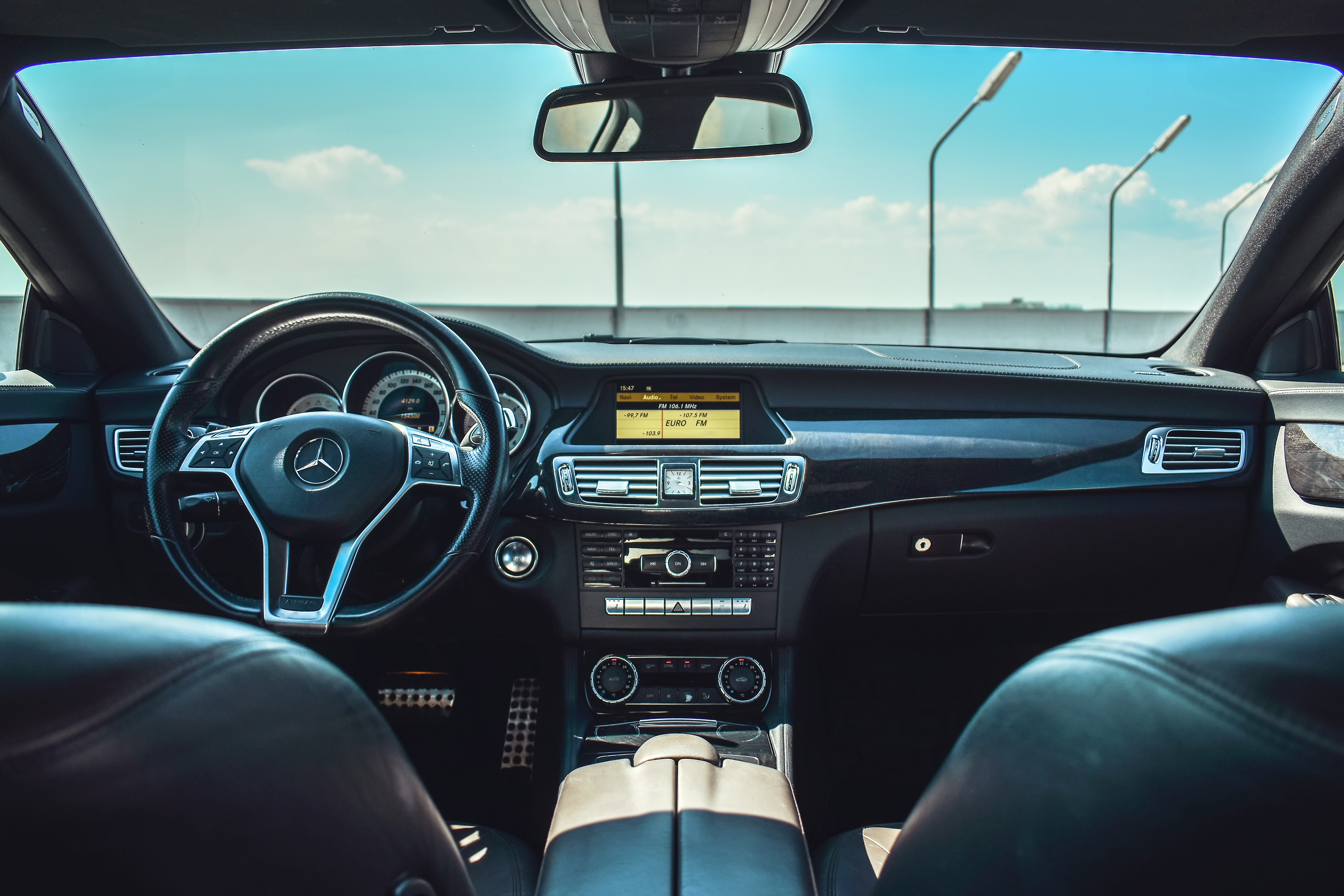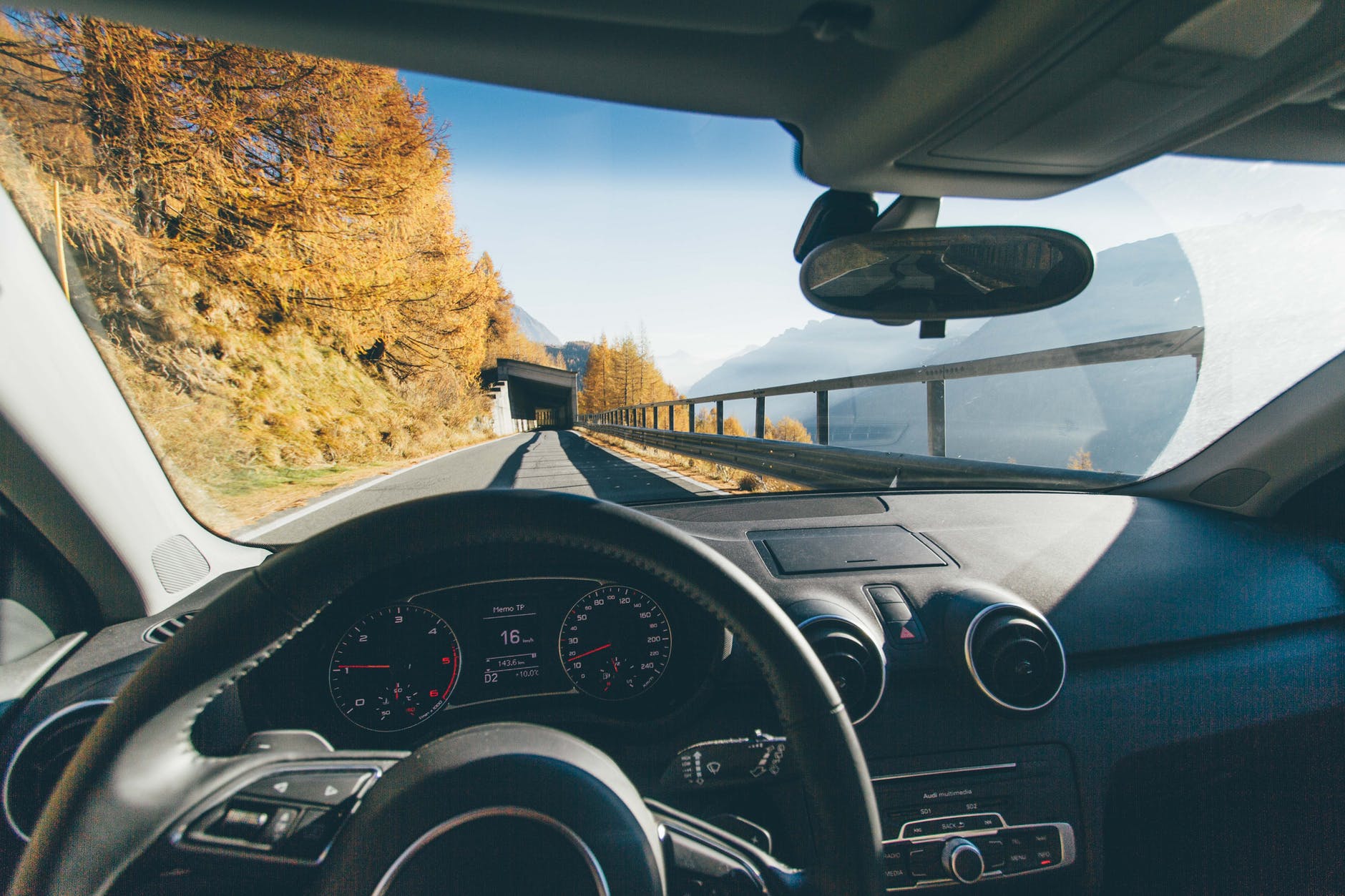Will Driverless Cars Spell the End of Parking?
There was a time when self-driving cars were the stuff of science fiction. Today, they seem closer to reality than fiction. While there is unanimity on vehicles taking over driving from humans, there seems to be some debate on the technology’s effects on parking.
How driverless cars will affect parking
Many argue that driverless cars will effectively destroy the parking industry since people would either send their cars back home or offer them as a taxi or ridesharing service. If this persists, there will be no need for street parking, parking lots, or parking garages in the future. At first glance, this sounds like a reasonable argument. However, its flaws become apparent when we take into account the fuel costs of driving back and forth and the permits required for a driverless car to run as a taxi or shared-car service.
Self-parking garages will free space up
Already, developers in the USA are building underground self-parking garages in anticipation of driverless cars, aiming to create more space for residences and businesses, especially in high-demand areas. According to experts, self-driving cars can get rid of 4 inches on either side of a space designed for humans, adding up to 21 square feet for each spot. These floors can then be converted into residences, hotels, offices, retail property, etc.
Automobile giant Audi is collaborating with a developer on the impact of self-driving technology on parking. Planning to test its own self-parking technology in the garage, Audi estimates autonomous cars sharing the garage with human-driven vehicles can result in a 26% reduction in required space. A garage reserved for self-parking cars would save even more space with a 62% reduction.
Because self-driving shared vehicles can use large, space-efficient car parks, parking spaces in city centers might see a decline since the vehicle could park itself in an appropriate location after dropping passengers off. Thus, driverless cars might just open up more spaces for housing and green areas as fewer car parks will be needed.
Smarter parking for smart vehicles
When driverless cars are eventually the norm rather than the exception, they will need better parking management than is offered in the present. Here, smart parking technology can help by leveraging IoT-based solutions that can ‘communicate’ with driverless vehicles and direct them to the right parking spot.
While we cannot yet be sure of the impact driverless cars will have on parking, the fact is that the parking industry continues to evolve. From the first parking meter in 1935, we now have advanced smart parking guidance systems with real-time information.
Especially in the context of smart parking for driverless vehicles, IoT has opened up possibilities for a gamut of services and technologies. Clearly, smart vehicles of the future will need a smart parking solution to offer users their full range of benefits.


